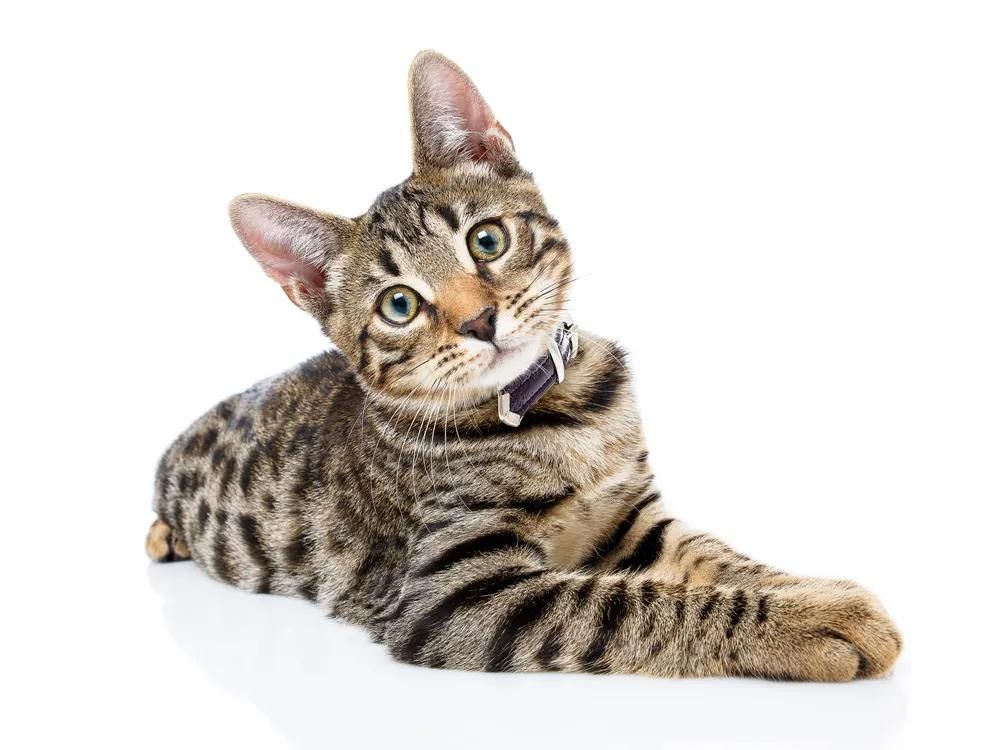Feline Lower Urinary Tract Disease (FLUTD) is a common and often frustrating condition seen in cats. It encompasses a variety of disorders affecting the lower urinary tract, including the bladder and urethra. FLUTD can manifest in different ways and may have various underlying causes, making it challenging to diagnose and treat.
Symptoms
Frequent or painful urination: Cats may strain to urinate, cry out while urinating, or urinate outside the litter box.
Blood in the urine: Hematuria is a common sign of FLUTD and can range from barely noticeable to quite severe.
Urinary blockage: In male cats, particularly those with narrow urethras, a blockage can occur due to crystals, mucus, or small stones. This is a medical emergency and requires immediate veterinary attention.
Urinating in unusual places: Cats may urinate outside the litter box, possibly due to associating the litter box with pain, or due to a desire to urinate frequently.
Excessive licking of genital area: Cats with FLUTD may exhibit excessive grooming of their genital area due to discomfort or irritation.
The causes of FLUTD can be complex and
multifactorial, but some common factors include:
Urinary crystals or stones: Crystals and stones can form in the bladder or urethra, causing irritation, inflammation, and potential blockage.
Urinary tract infections: Bacterial infections of the bladder can lead to inflammation and discomfort.
Idiopathic cystitis: This is a term used when no specific cause for the inflammation of the bladder can be identified.
Obesity: Overweight cats are at higher risk for FLUTD.
Stress: Environmental stressors such as changes in routine, moving to a new home, or the presence of other pets can trigger FLUTD episodes.
Dietary factors: Certain diets high in magnesium, phosphorus, or ash content may contribute to the formation of crystals or stones.
Treatment depends on the underlying
cause but may include:
Pain management: Analgesics or anti-inflammatory medications may be prescribed to alleviate discomfort.
Urinary acidifiers or alkalinizers: Depending on the pH of the urine and the presence of crystals or stones, modifying the pH of the urine may be beneficial.
Antibiotics: If a urinary tract infection is present, antibiotics may be necessary to clear the infection.
Prescription diet: Specialized diets formulated to prevent crystal or stone formation may be recommended.
Increased water consumption: Encouraging increased water intake can help dilute urine and prevent crystal formation.
Environmental enrichment: Minimizing stressors and providing a stimulating environment can help reduce the frequency of FLUTD episodes.
It's crucial for cat owners to seek veterinary care promptly if they notice any signs of FLUTD in their pets, especially if urinary blockage is suspected, as this can be life-threatening if not treated promptly.
Resources: vin.com, chatGPT
